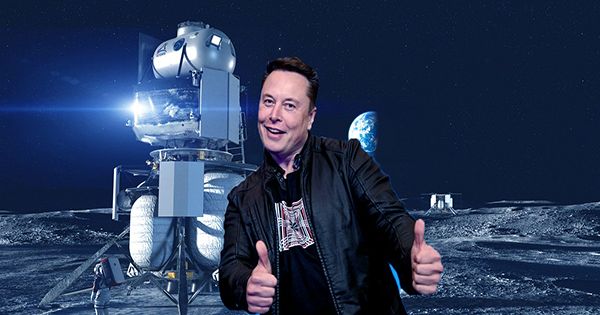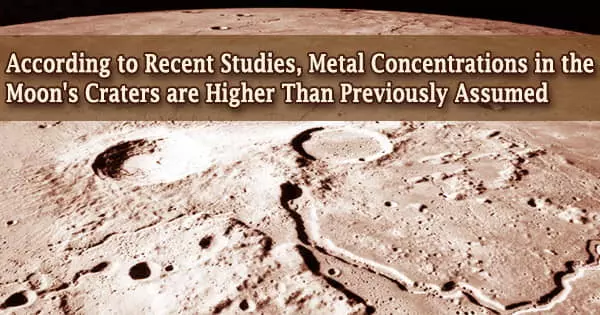Elon Musk, who just voted Time magazine’s Person of the Year, has announced that SpaceX is launching a program to extract carbon dioxide from the atmosphere for use as rocket fuel. To say the least, details are scarce, but Musk has stated that this ideal “Will also be vital for Mars,” where atmospheric carbon dioxide is one of the only resources that may utilize to power the return journey. Musk tweeted on Monday, “SpaceX is initiating a program to suck CO2 out of the atmosphere and transform it into rocket fuel.” “If you’re interested, please join.”
It is unclear how folks intended to “join.” That is just one of the numerous work-related queries that have yet to answer. Even some one-percenters have expressed concern about the harm that such missions are causing to the atmosphere because of the rush of joy-flights to the edge of space. Unlike Blue Origin or Virgin Galactic, SpaceX is protected because the help it provides to NASA’s research affects more than a fraction of a percent of humanity.
Nonetheless, the massive volumes of carbon dioxide emitted each time a SpaceX rocket takes flight clashes with Musk’s attempts through Tesla to wean ground-based transportation off fossil fuels. Therefore, Musk’s latest tweet is not completely unexpects.

The usefulness of the Mars mission concept is undeniable. If a round-trip to another planet requires carrying the fuel to lift off and return home, the outbound journey will be heavier, needing even more fuel and creating a vicious spiral.
Much preferable to manufacture as much as possible using locally accessible raw materials, On Mars, this almost definitely refers to some of the 96 percent carbon dioxide that makes up the Martian atmosphere. It would appear that practicing on Earth is required; any carbon dioxide eliminated from the atmosphere would be a bonus.
Making rocket fuel out of thin air in a cost-effective manner to support SpaceX’s current launch schedule, much alone its long-term aspirations, will be difficult. Neither Musk nor the SpaceX website has stated whether or whether this is the goal, let alone how they plan to do it. Musk’s tweeting “Yup” in response to an engineer who mentioned the Sabatier reaction, in which carbon dioxide and hydrogen mixed to produce methane, a possible rocket fuel, and water, is the closest thing to clarity we have.
As many people pointed out in response, converting carbon dioxide to fuel necessitates a large amount of energy input – far more than can be utilized during release. Cheap power is a required but insufficient input for the notion, hence it does not matter if the conversion efficiency is low. If the Sabatier reaction is utilized, the downside is that any unburned methane will have a warming impact many times greater than the carbon dioxide consumed to produce it.
This is not an issue for escaping fuel during the travel between planets, but it may be a problem on lift-off. Carbon dioxide might also transform into liquid fuel. It remains to see if any of these alternatives are better than directly using hydrogen or another carbon-free fuel, but those with suggestions on how to do so appear to have a standing invitation from Musk to contribute.
















